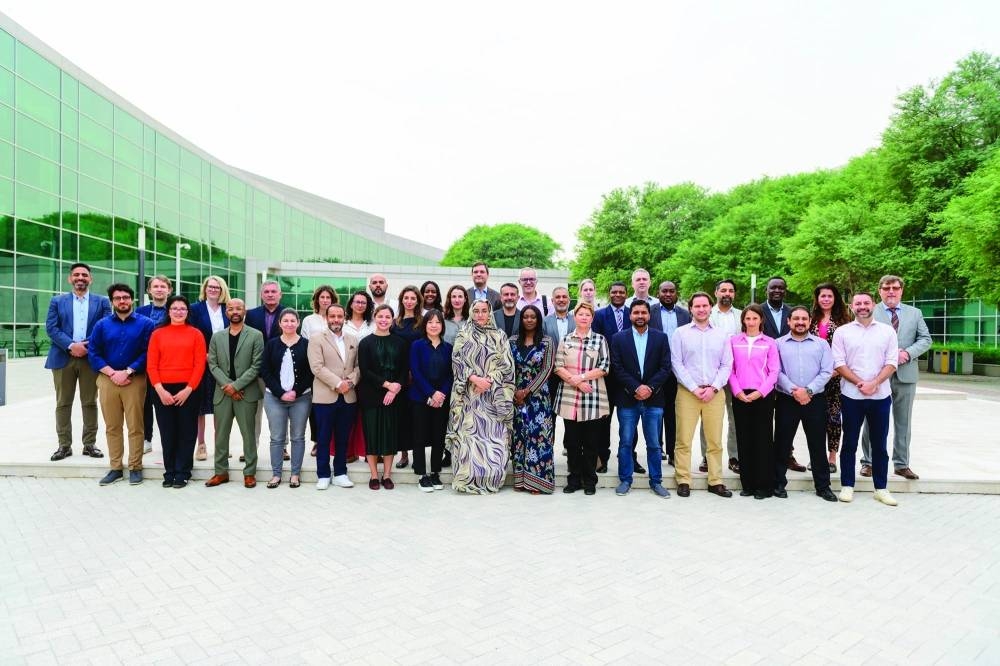Hamad Bin Khalifa University’s (HBKU) Qatar Computing Research Institute (QCRI) and the United Nations (UN) Department of Political and Peacebuilding Affairs (UN DPPA) hosted the third 'E-Analytics and Innovation Lab' from January 23-26, at the HBKU Research Complex.
Over 30 political analysts, communication specialists, and computer engineers gathered at the annual flagship event to explore new technologies for conflict prevention, peacemaking, and peacebuilding.
The innovation lab provided a platform for applying big data analysis, social media mining, geospatial remote sensing, artificial intelligence, and natural language processing to support the UN's work on political and peace processes worldwide.
Dr Ahmed Elmagarmid, executive director of QCRI, said: "QCRI is honoured to have forged collaborations with international partners such as the UN over the past decade. Our scientists have produced impactful research and practical applications that are being utilised to tackle real-world issues.”
Dr Martin Waehlisch from the UN DPPA noted: "The HBKU ecosystem of public, private, and academic partners creates a fertile ground for generating innovative ideas and prototypes that advance the UN's peace efforts. Inspiration and experimentation are key to fostering innovation, and QCRI has been an exceptional partner over the years in harnessing emerging technologies for peace.”
Samuel Martell, political affairs officer in the Asia Pacific Division of UN DPPA-DPO, who took part in the workshop, remarked: "The interactive innovation lab encouraged us to step outside of our comfort zones and expand our thinking. I will bring much of what I learned back to my work in political affairs by placing a greater emphasis on creative storytelling and design-thinking as a means of finding innovative solutions.”
Lucy Perkins, political affairs officer in the Office of the United Nations Special Co-ordinator for the Middle East Peace Process, echoed: “The workshop was a truly eye-opening experience. The discussions and hands-on sessions on new digital applications and innovation really expanded my understanding of the potential of technology to drive positive change. I appreciated the opportunity to learn from experts in the field and collaborate with a diverse group of participants. I feel inspired and empowered to bring some of these ideas back to my own work and contribute to a more peaceful world.”
Dr Muhammad Imran, senior scientist at QCRI and co-organiser of the event, added: “The collaboration between the UN and QCRI has proven to be invaluable in advancing peacebuilding through technology. We are committed to repeating this annual flagship event and continuing to bring together experts from different fields to explore new technologies and ideas.”

